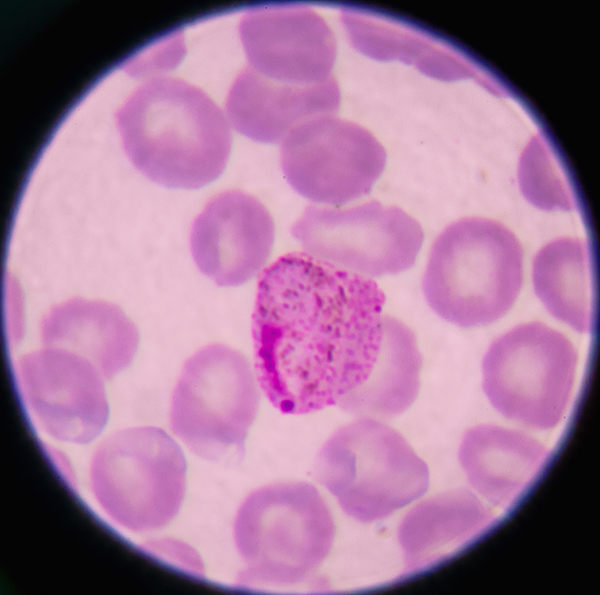FRIDAY, Nov. 18, 2016 (HealthDay News) — With flu season right around the corner, U.S. health officials are urging everyone to get their flu shot now so they’ll be protected from the potentially serious complications of influenza.
“The fact that flu activity hasn’t picked up dramatically yet means there is plenty of time for people to get vaccinated if they haven’t already,” said Lynnette Brammer, an epidemiologist with the U.S. Centers for Disease Control and Prevention.
This year’s flu season is starting out much like last year, Brammer said. Currently, influenza H3N2 is the predominant strain, she said, although H1N1 is also circulating. Last year, the H3N2 virus started out as the dominant strain, only to be displaced by H1N1 as flu season hit full swing. “It ended up being an H1N1 season,” she said.
“It’s similar to a lot of years right now,” Brammer added. “Things should start to pick up in the next few weeks, but we’ll see. Last year, things didn’t really pick up until the first of the year. Right now, there is nothing that’s really concerning.”
Last year’s flu season was particularly hard on older people.
In a typical flu season, flu complications — including pneumonia — send more than 200,000 Americans to the hospital. Death rates linked to flu vary annually, but have gone as high as 49,000 in a year, according to the CDC.
Most of the time flu activity peaks between December and March but can last as late as May.
This year’s vaccine contains the strains currently circulating, which makes it a good match, Brammer said. The vaccine supply is also good this year, with more than 131 million doses available, she said.
How effective a vaccine is depends on how good a match it is to the strains of flu virus circulating that year. Most years, the vaccine is between 40 percent and 60 percent effective, according to the CDC.
The CDC recommends that anyone 6 months of age and older get a flu shot. “You want to make extra sure for people at high risk — including pregnant women, the elderly and anyone with a chronic medical condition,” Brammer said.
Women with newborns also need to get their flu shot to help protect their infants, who can’t be vaccinated until they’re at least 6 months old. Also at risk are seniors and people with chronic health problems, such as lung and heart disease, the CDC said.
Getting your flu shot soon is important because it can take several weeks to produce enough antibodies to give you maximum protection, officials noted.
One change this year is that the CDC’s Advisory Committee on Immunization Practices does not recommend that the nasal spray vaccine be used by anyone, because it seems less effective than a shot, Brammer said.
More information
Visit more on the flu, visit the U.S. Centers for Disease Control and Prevention.
Copyright © 2026 HealthDay. All rights reserved.

